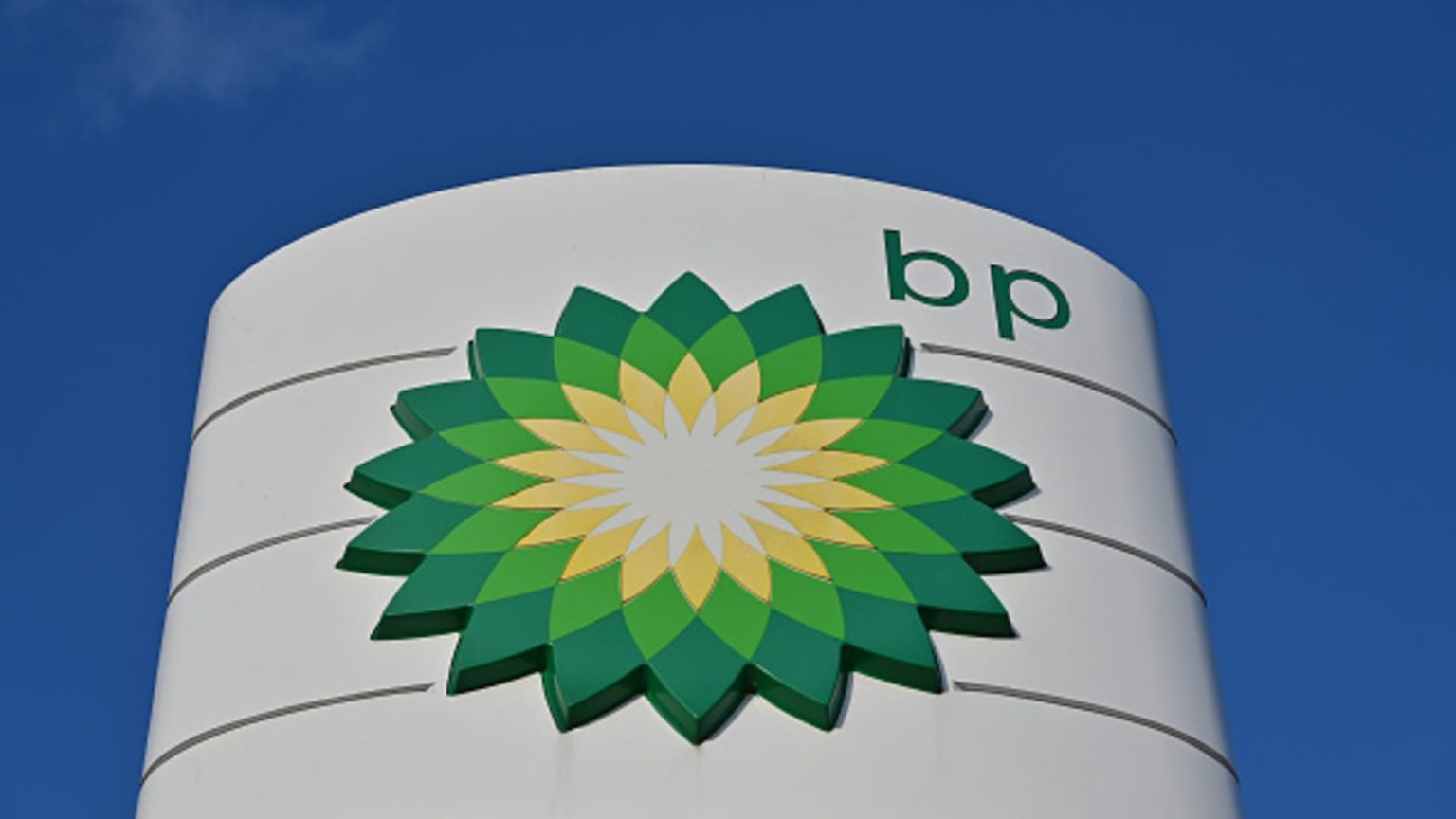British oil giant BP reported stronger-than-expected net profit for the second quarter and raised its dividend despite lower refining margins. The company posted underlying replacement cost profit of $2.8 billion, beating analyst expectations of $2.6 billion. BP also increased its dividend by 10% to 8 cents per share and maintained its share buyback program at $1.75 billion over three months. The decision to boost shareholder returns reflects the company’s confidence in its performance and cash generation outlook.
Despite warning of lower refining margins and oil trading results impacting second-quarter results by as much as $700 million, BP confirmed a writedown of $1.5 billion. The company is focusing on reducing costs and building momentum toward its goals for 2025. The recent go-ahead for the Kaskida development in the Gulf of Mexico and decision to take ownership of bp Bunge Bioenergia demonstrate BP’s commitment to being a simpler, more focused, and higher value company. Net debt stood at $22.6 billion at the end of the second quarter, down from $23.7 billion in the same period last year.
BP’s stock price is down 2.8% year-to-date, while shares of British rival Shell have seen an 8% increase and U.S. oil giant Exxon Mobil has jumped more than 16%. BP’s second-quarter results aim to rebuild investor confidence in its strategy. The company reported resilient earnings with a small bottom-line beat driven by a lower than expected tax rate. The dividend increase and net debt reduction have been well received, especially as rising net debt was previously seen as a concern for BP’s investment case. Activist investor Bluebell Capital Partners has pressured BP to increase its oil and gas investments and scale back green pledges.
Under former CEO Bernard Looney’s leadership, BP had pledged a 35% to 40% reduction in emissions by the end of the decade, with plans to achieve net-zero emissions by 2050 or sooner. However, BP has since revised its climate plans to target a 20% to 30% emissions cut, citing the need to continue investing in oil and gas to meet demand. CEO Murray Auchincloss implemented a hiring freeze and paused renewables projects as part of a cost-cutting plan to boost returns. The company is focused on delivering as a simpler, more focused, and higher value entity.
Other energy companies, such as Shell, Exxon Mobil, Chevron, and Equinor, are also reporting their second-quarter results. Equinor reported a 4% drop in profits, which outperformed analyst expectations. BP’s results are part of a broader trend in the energy sector to balance financial performance with long-term sustainability goals. The company’s focus on cost reduction, shareholder returns, and strategic investments reflects its efforts to adapt to changing market conditions and stakeholder expectations.












